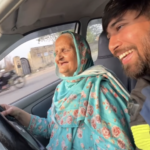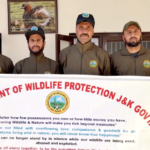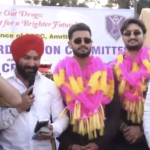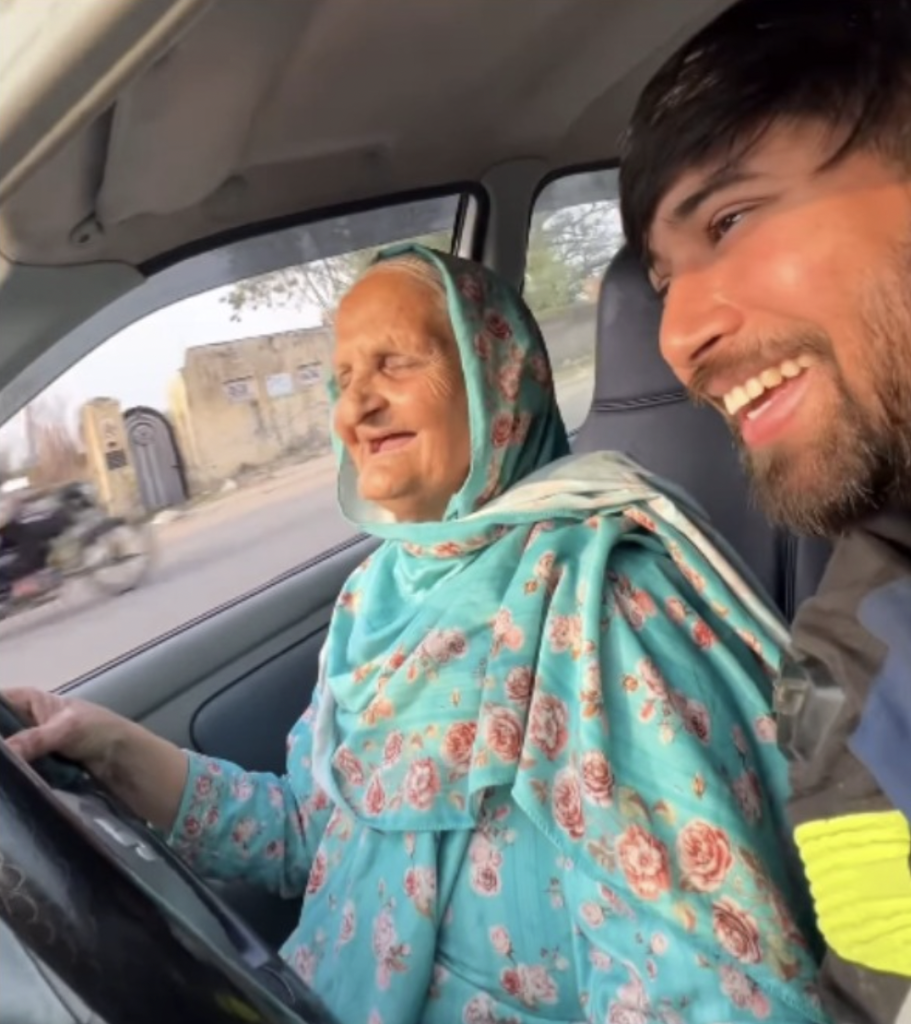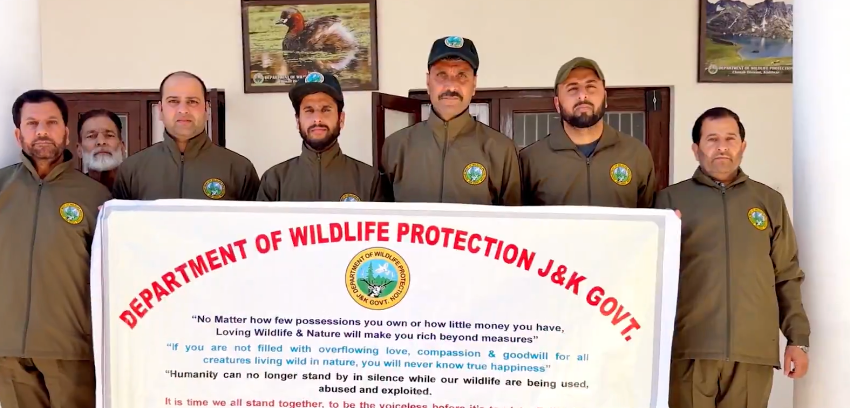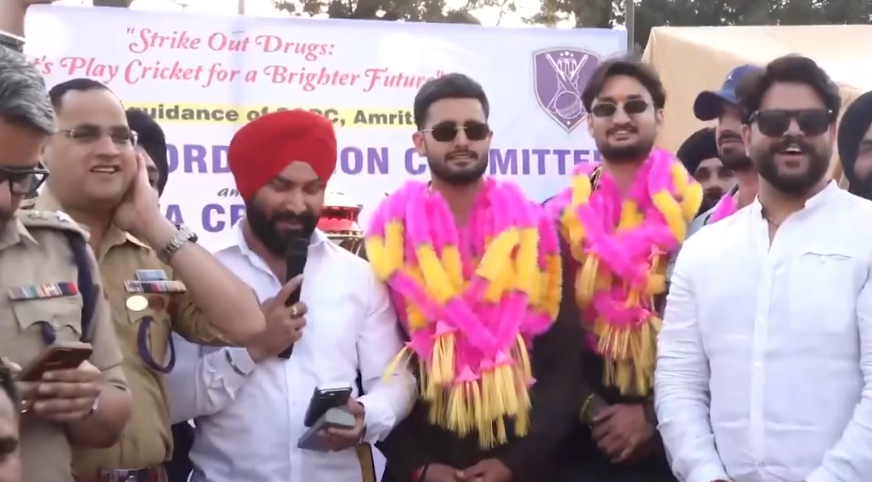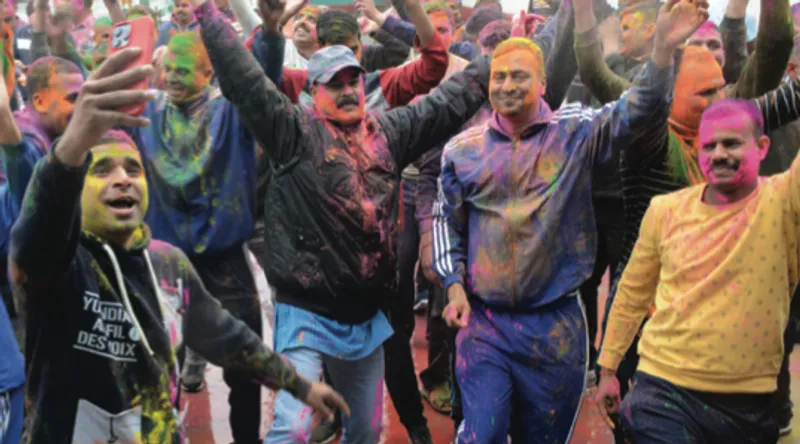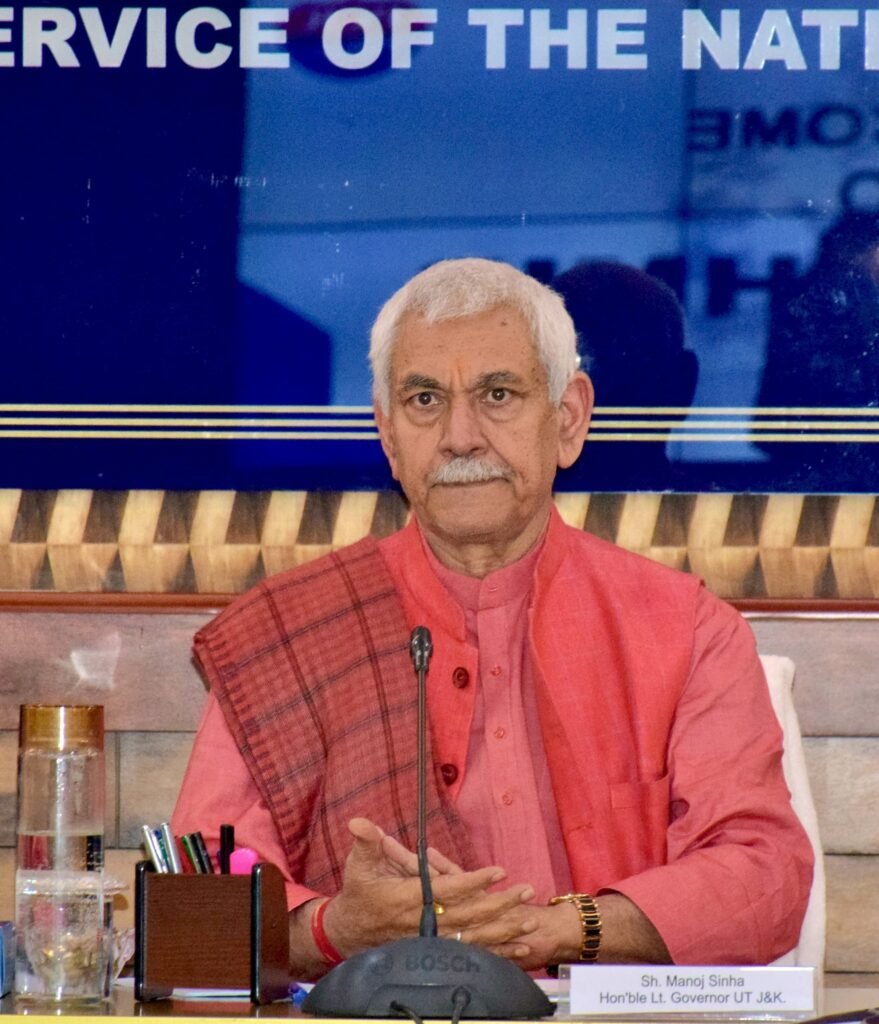On April 24, 2025, students from the Government Degree College for Women in Anantnag, Jammu and Kashmir, took to the streets in a powerful protest march to condemn the horrific Pahalgam terror attack that claimed 26 lives, mostly tourists, on April 22. The demonstration, held in the heart of Anantnag, showcased the resolve of young Kashmiri women to stand against terrorism and reject the violence that has shaken the region.
The attack, carried out by suspected Lashkar-e-Taiba (LeT) militants in Baisaran meadow near Pahalgam, a scenic tourist destination, marked a rare and brutal targeting of civilians. The assailants, reportedly checking victims’ identities to single out non-Muslims, killed 25 Indians and one Nepali, leaving dozens injured. The students, chanting slogans against terrorism and holding placards, expressed solidarity with the victims’ families and demanded swift action to bring the perpetrators to justice.
The march, which drew significant local attention, was a response to the escalating violence in the region, with the Pahalgam attack being one of the deadliest civilian strikes since the 2019 Pulwama bombing. Participants called for unity across communities, rejecting attempts by online hatemongers to sow communal discord through false narratives blaming Kashmiri Muslims. Posts on X highlighted the students’ message, noting their frustration with media outlets that failed to amplify their anti-terrorism stance, instead focusing on divisive Hindu-Muslim rhetoric.
Local authorities, including the Jammu and Kashmir police, have intensified efforts to track down the attackers, announcing a Rs 20 lakh reward for information leading to the arrest of three suspected LeT terrorists, including two Pakistani nationals, believed to be involved. The protest march coincided with heightened security operations, including the demolition of two LeT operatives’ homes in Anantnag and Pulwama districts and a clash in Bandipora that killed a top militant commander on April 25.
The students’ demonstration was part of a broader wave of outrage across India, with protests and candlelight marches reported in multiple cities. In Jammu and Kashmir, trader associations and transporters also held bandhs and marches to denounce the attack and its alleged backing by Pakistan. The region’s top official praised the students’ courage, emphasizing the need for collective action to restore peace and protect tourism, a vital lifeline for the local economy.
The Pahalgam attack has sparked diplomatic repercussions, with India suspending a key bilateral water agreement and briefing foreign envoys on Pakistan’s suspected role. Global leaders have condemned the violence, but Pakistan’s claim that the attackers were “freedom fighters” has further strained ties. Amid these tensions, the Anantnag students’ march stands as a bold statement of resilience, urging the nation to unite against terrorism and reject divisive propaganda.
The protest underscores a growing demand for decisive action to secure Jammu and Kashmir’s future. As the region grapples with grief and fear, the voices of these young women highlight a shared commitment to peace and humanity, challenging the narrative of violence with a call for justice and solidarity.


